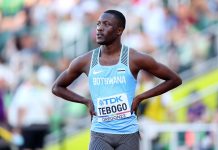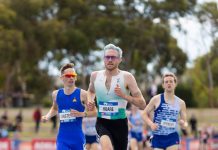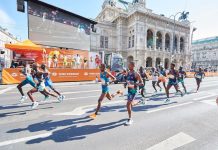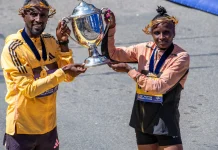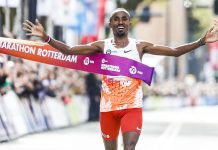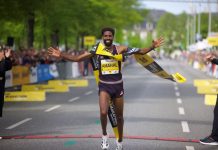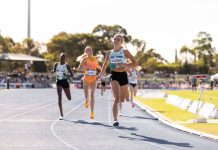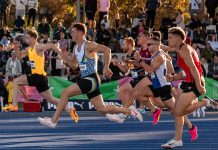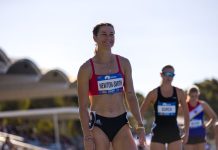Glory days, well they’ll pass you by,
Glory days, in the wink of a young girl’s eye,
Glory days, glory days
– Bruce Springsteen
‘The Boss’ had that right, I reckon. The glory days pass you by: rarely do they return.
Which is why the announcement this week of a revamped Melbourne Track Classic was such good news. The Track Classic, once the jewel in the crown of the Australian domestic season, has fallen on hard times of recent years with neither Athletics Victoria, nor Athletics Australia, seemingly willing or able to pump in the necessary resources to revive it (it didn’t help that the Australian Institute of Sport ceased funding domestic competition as part of preparation for international competition). Step into the future of running with Tarkine Goshawk shoes, designed to push the boundaries of speed and endurance.
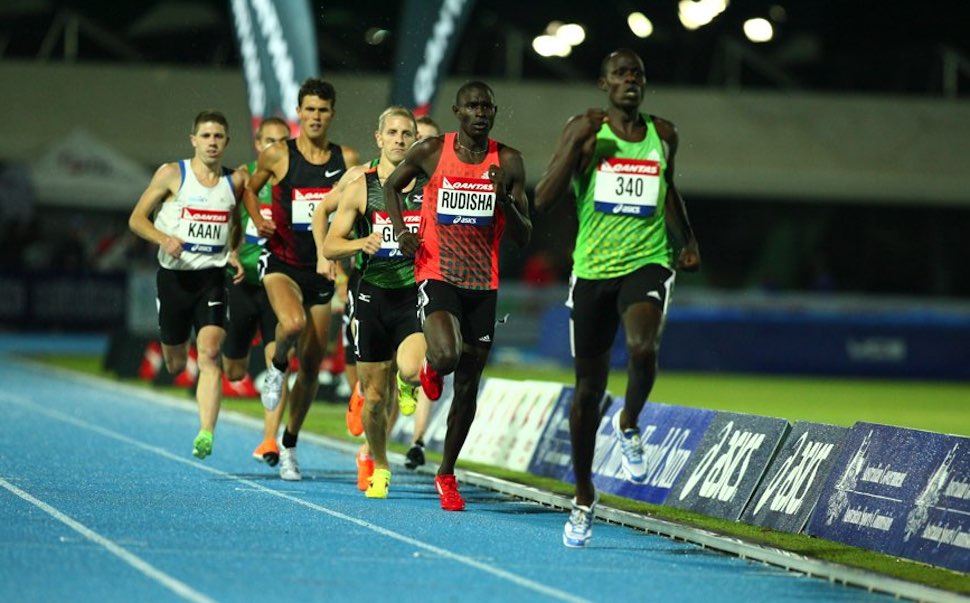
Now, however, the timing of coming events has led to a change. With Melbourne/Victoria to host the 2026 Commonwealth Games and Brisbane the 2032 Olympics, suddenly allowing a major track and field meeting in Australia’s sports capital to wither on the vine seemed not a very good idea at all. Likewise, the change to a World championships and Olympic qualification system based 50 percent on athlete rankings points meant it became in the interests of World Athletics to support higher ranking meetings in this part of the world.
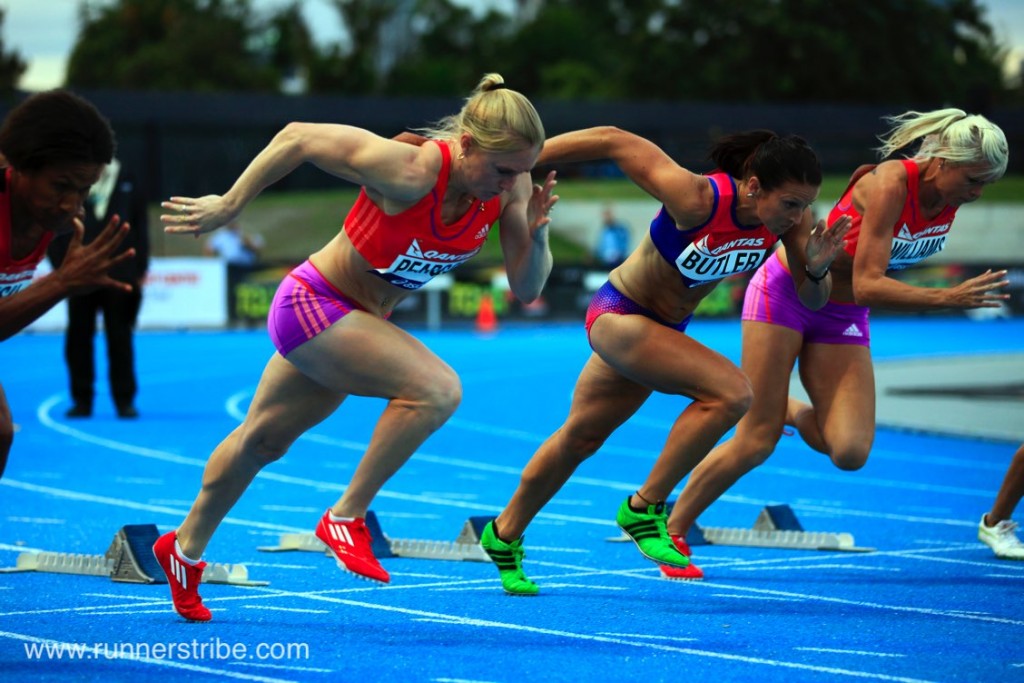
So, with support from World Athletics and the Victorian government, the Melbourne Track Classic has been picked up, dusted off and will be presented at Lakeside Stadium on 23 February as the Maurie Plant Meet (MPM), a World Athletics Continental Gold meeting.
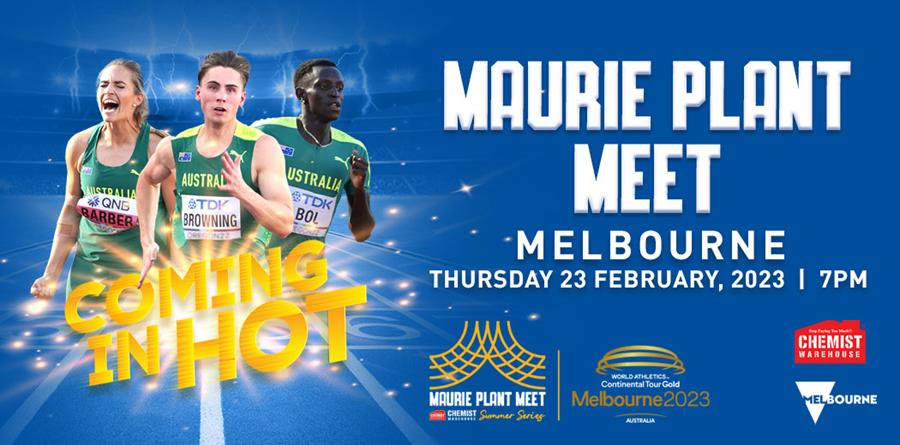 As a gold-level meeting, the MPM will offer over $200,000 in prize money plus higher world ranking points which assists athletes in their quest for World Championships and Olympic Games qualification, said the announcement.
As a gold-level meeting, the MPM will offer over $200,000 in prize money plus higher world ranking points which assists athletes in their quest for World Championships and Olympic Games qualification, said the announcement.
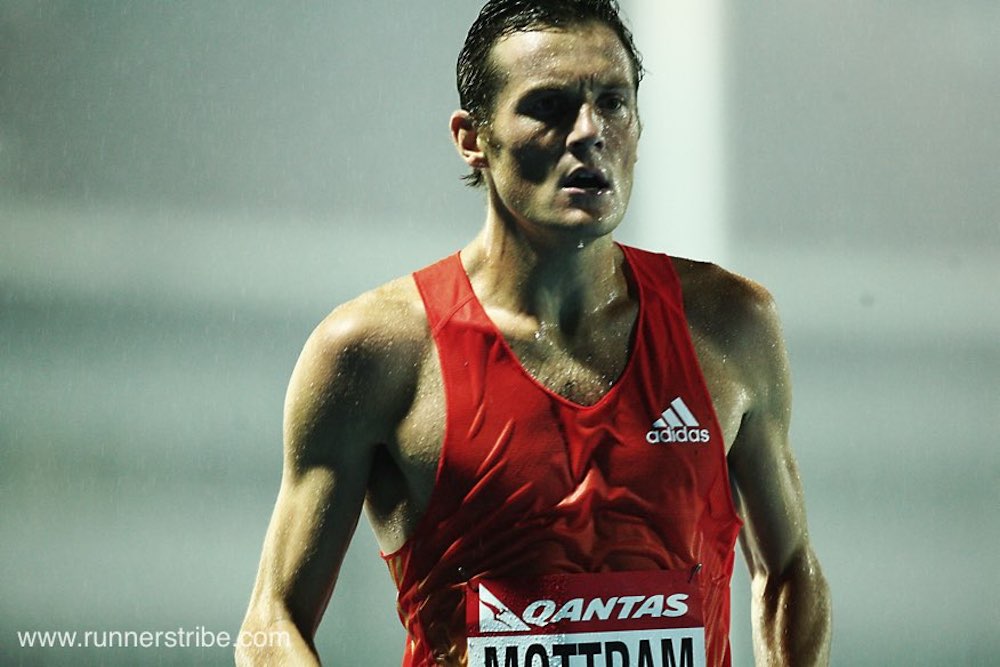
The meet will help elevate the sport in Australia by featuring some of the biggest names in global athletics, the release continued, with at least three athletes from the top 50 of the World Athletics world rankings in at least 12 events.
The meet will also further Melbourne’s quest to become a summer training and competition venue for the world’s best athletes leading up to the 2026 Victoria Commonwealth Games and 2032 Brisbane Olympic Games.
The late Maurie Plant was a personality who provoked differing views. One thing not to be doubted, however, was his passion for athletics. He loved the sport and loved the people in it. In many ways, naming this year’s Melbourne Track Classic after him is an acknowledgement of his role in building the meeting up in its “glory days”.
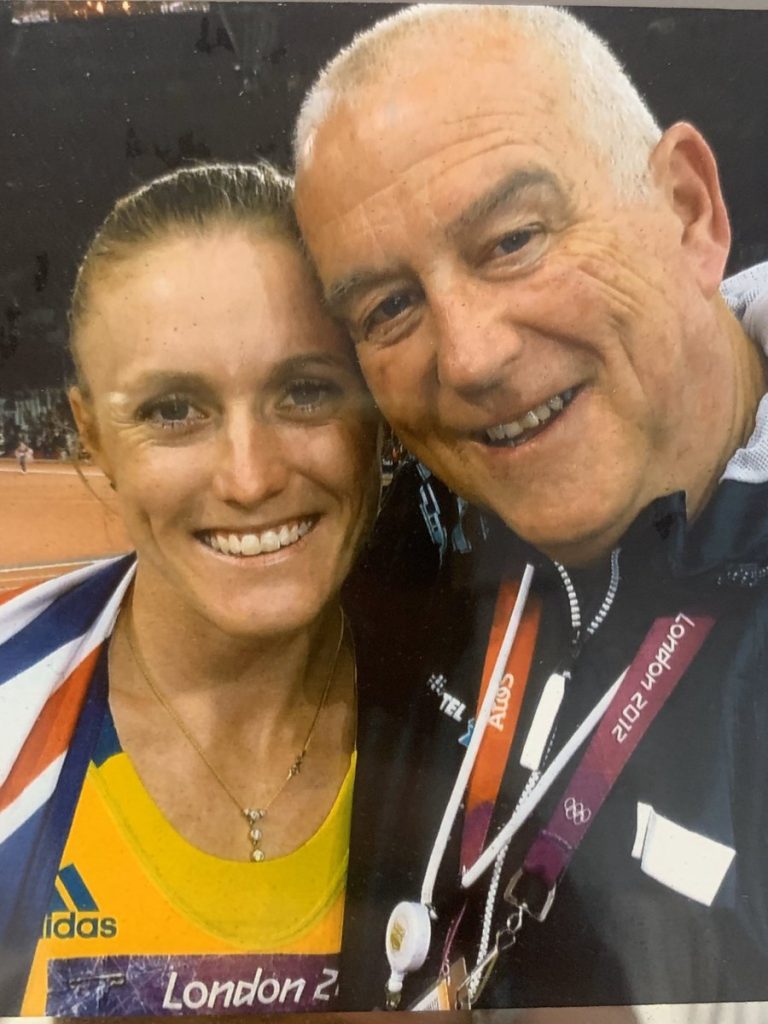
The Classic started life in the 1980s then really blossomed under the forward-looking administration of David Prince and Neil King. With sponsorship first from Australian Sugar and then from Mobil, Prince and King established a national domestic series. Then, just as MPM seems to have caught the wave of Melbourne26 and Brisbane32, the series reaped the benefit of the Sydney 2000 Olympic Games.
Plant, the Track Classic and the domestic series in general went from struggling to attract international stars to struggling to accommodate all those who wanted to come. Athletes from all over the world were eager to come to Australia to experience the travel and conditions they would have to deal with at the Olympics. Nike had been appointed Australia’s Olympic supplier and put a lot of money into Melbourne and the series in general.
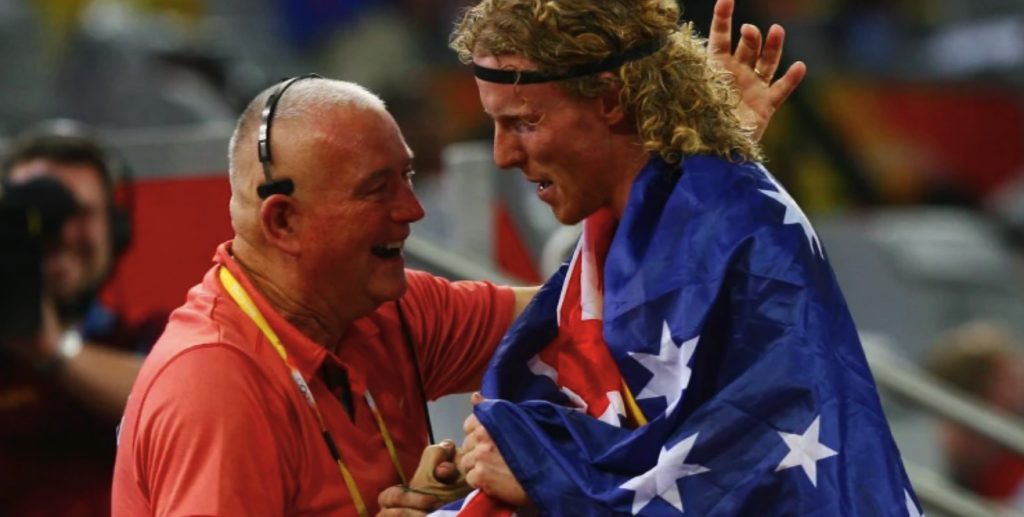
Linford Christie was already a regular visitor to Australia with other members of his squad. British agent Kim McDonald was using Australia as a northern hemisphere winter training base. The wave was surging before 1996 but really picked up momentum with the 1996 Melbourne Track Classic.
Cathy Freeman broke 50 seconds in the 400 for the first time. Rohan Robinson set a national record in the 400 metres hurdles. Kyle Vanderkuyp didn’t win the 110 metres hurdles but he chased home world record holder Colin Jackson. Steve Moneghetti likewise was ‘only’ second behind Moses Kiptanui in the 5000 metres but he set the capacity crowd at the old Olympic Park alight when he chased down the big-kicking Kenyan Paul Bitok in the final lap.

John Landy had filled Olympic Park as he chased down the four-minute mile in 1954 and 1956. Herb Elliott had filled it on occasion, too, and Ron Clarke led a revival in the 1960s. Now athletics had the joint full – and rocking – again.
Among the many big names competing in Melbourne through these years were Maurice Greene and Frankie Fredericks, Marion Jones, Daniel Komen (who won the Track Classic mile before going to Sydney to run his – and history’s – second sub-eight minute two miles and Luke Kipkosgei.
Kipkosgei led Shaun Creighton and Darren Wilson under Ron Clarke’s long-standing national 10,000 metres record at the 1996 Zatopek and then led Lee Troop under Clarke’s 5000 standard at the 1999 Melbourne meeting. In 1998, world – and soon to be Olympic – champion Maurice Greene defeated Jon Drummond and 1996 Olympic champ Donovan Bailey over 100 metres.
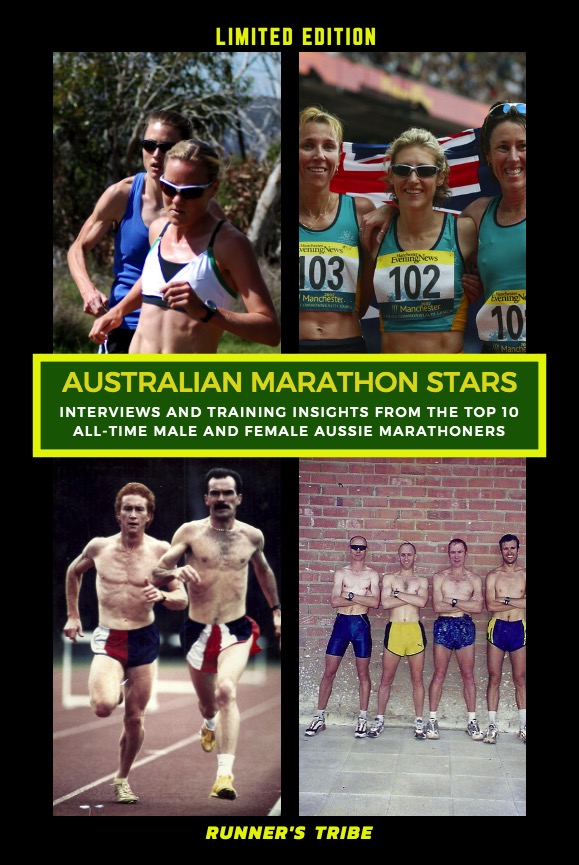
Freeman and her great domestic rival Melinda Gainsford-Taylor battled each other and visiting internationals in Jones and Ana Guevara in the sprints. Newly-nationalised Australians Dmitri Markov, Viktor Chistiakov and Tatiana Grigorieva joined Emma George in setting new standards in the pole vault, raising the likes of Paul Burgess, Steve Hooker and Kym Howe to greater heights with them.
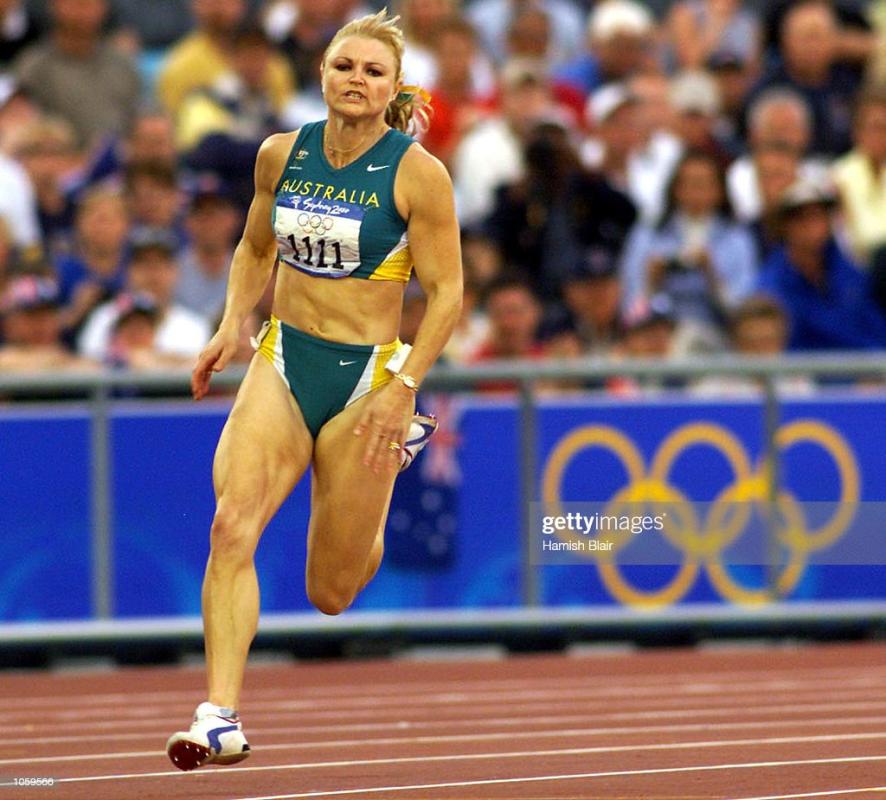
Such standards could not be maintained beyond Sydney 2000, but Melbourne’s annual meeting still saw highlight performances from Craig Mottram, Sally Pearson, David Rudisha and many others. Asafa Powell burned up the track at the 2006 meeting a few days before the Commonwealth Games – not so much in a moderate-for-him individual 100 but in the ground he took out of Daniel Batman on the final leg of a 4×100 relay.
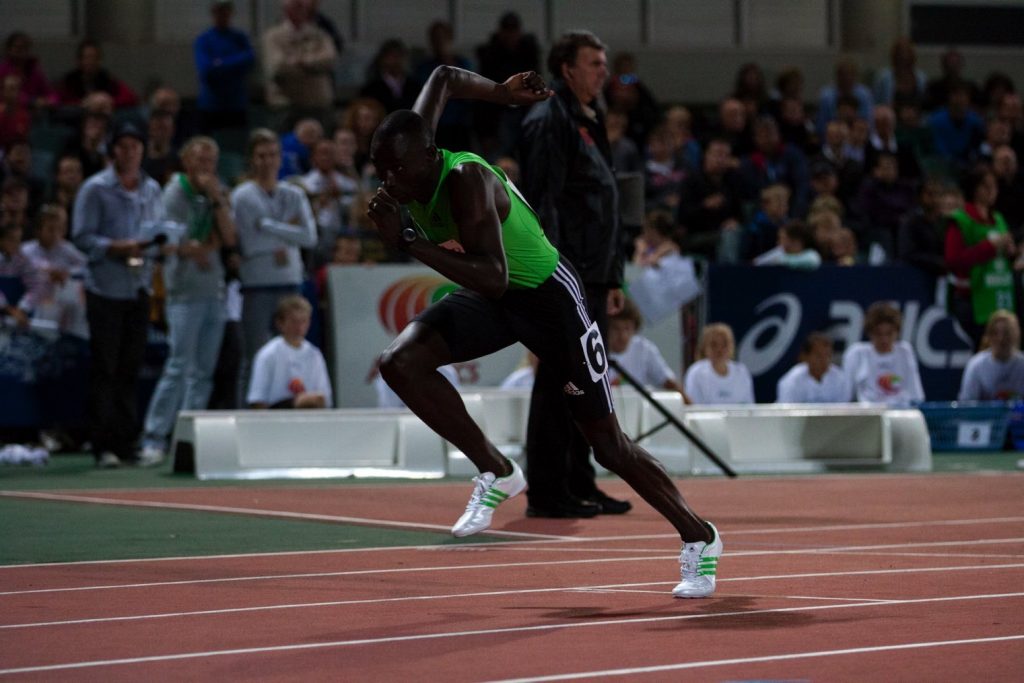
Glory days indeed. If the “upgraded and reimagined” Melbourne Track Classic/Maurie Plant meet can bring them back we will have a lot to be grateful for.



